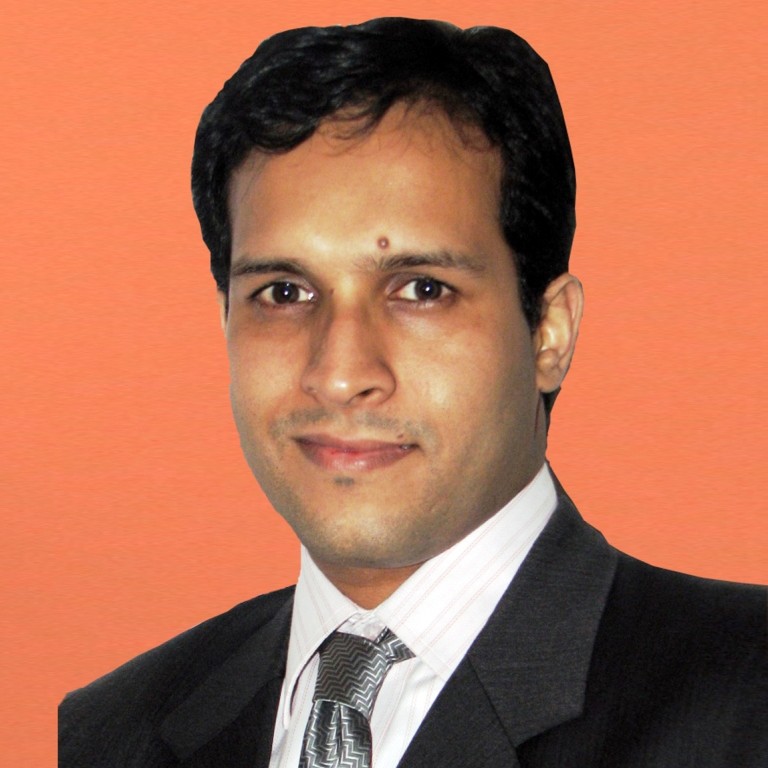In an ideal democracy, intelligent citizens vote once every few years for enlightened leaders, who, in turn, govern solely to deliver the best possible short-term and long-term outcomes for citizens, who can otherwise remain passive and pursue their personal goals.
Even though reality falls far short of this ideal, many still believe that their responsibility as citizens ends with voting, paying taxes, and following basic civic rules. But this is only the tip of the iceberg.
Human nature, in all its shades of grey, ensures that nations, societies, and even empires, are never so simple. A desire for power and wealth — often, though not always — fuels those who seek public leadership, regardless of the political system. Private interests — businesses, non-profits, academia, and individuals — lobby for laws and policies that benefit themselves at the expense of others.
Every political system — monarchy, communism, democracy, even dictatorships — eventually fractures under these pressures. Even democracy’s masterstroke — fair elections and the peaceful transfer of power — is constantly undermined in ways subtle and overt.
To achieve the highest outcomes for society, democracy demands that citizens be more active and altruistic, and less passive and self-serving, in at least three ways.
First, citizenship must go beyond voting. Citizens must become ACTiZENS. Governing in complex times is a collective affair and cannot be left to governments alone. Citizens must understand the issues their society faces, participate in finding and proposing solutions, and ensure those solutions are implemented properly. This is a continuous, often tiring, sometimes dangerous, and always contentious cycle. Yet when intelligent and well-meaning citizens disengage, the public space is quickly taken over by those who care more for themselves than the public good. Moreover, disconnected citizens eventually lose the ability to vote wisely and effectively.
Of course, no individual can create large-scale impact alone. That is why joining organisations that offer the right company, information, and avenues for action becomes essential. Each of us, depending on our skills and backgrounds, must find spaces that amplify our voices and efforts.
Second, we must move beyond narrow, siloed thinking. Societies, economies, and cities are complex systems. Trying to fix one problem at a time without understanding the larger picture is slow and often counterproductive. Solving one issue may inadvertently create new ones, trapping us in cycles of endless frustration. A holistic or Systems Thinking approach is necessary. It makes us better voters, wiser participants, and more capable changemakers.
This was the spirit behind adopting the Donut Economics model when launching the Mumbai Donut CoLAB, a collective action movement aimed at making Mumbai more liveable and sustainable. With 21 interconnected social, basic needs, and environmental domains, the model offers a complete framework for building a happier and healthier future. It also provides a space where people of different passions and concerns can work together towards common goals.
Take traffic congestion as an example. The real solution does not lie in simply building more roads. Rather, it involves making public transportation more accessible, affordable, and comfortable so that fewer private vehicles crowd the streets. At the same time, improving road quality, enforcing traffic and parking rules, and providing better driver education are equally important. By improving transportation, we can also address air and noise pollution, create greener spaces, and make cities healthier overall. Systems Thinking encourages us to view challenges through multiple lenses, pursue deep and lasting change, and discover positive synergies along the way. It is how every ACTiZEN must think.
Third, it is not enough to think only of our relationship with the State. We must also consider our relationship with each other. Citizenship is important, but so is neighbourliness — the everyday ethic of kindness, responsibility, and care for those around us.
Most of our problems and stress are caused not by natural disasters or environmental forces, but by human decisions and actions. Our words, our behaviours, and even our attitudes affect others in ways we often do not realise. Ethical conduct, compassion, helpfulness, fairness, a spirit of service, and forgiveness are not lofty ideals; they are practical necessities if we are to build a healthier, happier society. In fact, these virtues can achieve far more in improving human well-being and quality of life than economic growth, infrastructure development, or technological innovation alone.
Today, India stands at a critical juncture. With the world’s largest population and rapid economic growth, we have immense opportunities — and face immense risks. Internal divisions based on group identities, poverty, inequality, crime, corruption, and the disruptive forces of automation and artificial intelligence all place (or will place) tremendous strain on our social fabric. If left unchecked, these pressures could erupt into conflict and chaos. Yet, they also offer a chance to recognise our deep interdependence and build a far better future.
We must realise that we cannot succeed by stepping on each other. We can only move forward by lifting each other up. Each one of us can do much more to build a better world — for ourselves, for those we love, and even for strangers we will never meet.
We cannot be active citizens without being active human beings — alive and awake in body, mind, intellect, and soul. Striving to do the best we can, not just for ourselves, but for everyone and everything we share this life with. Because ultimately, we are all connected. We are, in truth, One.
This deeper understanding, this revolution of consciousness, is the key to the incredible future we dream of. It follows the direction of the long arc of the universe that Martin Luther King Jr. spoke of — bending towards justice, compassion, and unity.
Active citizenship is not just a civic duty; it is an essential part of our inner and outer journey towards that future.

Mr. Manas Rath leads LEAP Cities and the Mumbai Donut CoLAB, supporting organisations and efforts to make Indian cities more Liveable + Sustainable. He holds degrees from MIT and the Sloan School of Management.
